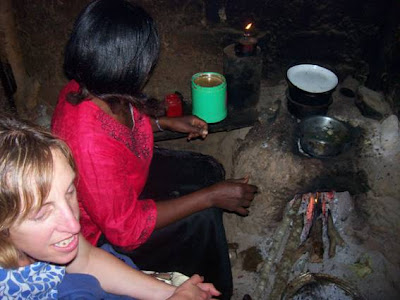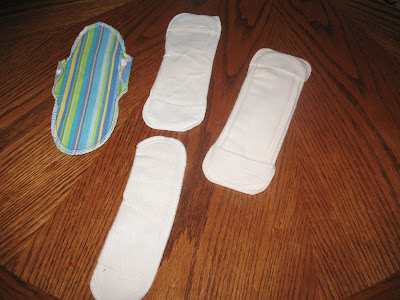
Volunteering can open you up to a host of new experiences, whether here at home or abroad. It's a way of sharing your talents with others in need, be it the local food bank, tutoring adults to read or helping those in developing countries learn new skills.
We are very fortunate to have our own charity, The Ronnie Fund, working with Wongonyi Village in southeastern Kenya. We just returned from our second trip to Wongonyi and feel blessed to have been able to take our teenagers both times. It has been an opportunity for them to see and live in another culture, to see just how blessed they are and the share the simple pleasures with other children. For our children , they learned that receiving a gift means the giver didn't rush out to a store, for in Wongonyi a shop may just a little stick kiosk by the roadside, but that a gift comes from the heart - a basket woven by hand from sisal or palm fronds or perhaps even a live chicken. And for people who earn only a $1.00 per day, the gift of a chicken is huge, so graciously receiving it is important. Even though you might want to give it back to them for you realize you might be taking their food source this would be an insult. But instead you take it back home (your African home that is!) and kindly share it, where it becomes dinner for all the next day.
If you are bringing others over to help volunteer for your organization, there are a few key points to remember. Create a volunteer package with information on what types of shots, visas, and other documentation they will require to get into the country. Host an evening to inform your volunteers of the cultural differences they will experience (ie. women not wearing tank tops and shorts, purchasing a kanga to wear when in a village location). It is important that you and your volunteers are culturally sensitive, that you fit into village life and not stand out, it will help you be accepted by the people you are working with.
And most importantly, you need to inform your volunteers of the mental challenges they may face and experience. There are vast social differences you might experience - staying in a mud hut with no electricity, no running water (the joys of a sponge bath), eating foods you are not familiar with (goat stew anyone!) and perhaps only one meal per day, washroom facilities (squatting over a pit latrine or even having to go in the bush), and the abject poverty of those living in the slums. Without informing them of what they will see and experience during their stay, it will be a shock to them and they may have great difficulties in readjusting once they are home.
However, when your volunteers are well prepared, the benefits and values they will experience far outweight the challenges they may face. The joyful spirit of people who are living one day at a time, the smiles, hugs and laughter from children when you take their picture and you show them. The welcome songs and grateful thanks when you provide tools and gifts that will improve the quality of their life.
Recently, some volunteers heading to Kenya for a voluntourism trip told me they felt uneasy and a bit nervous because they really weren't sure what to expect when they got there, the unfamiliarity of being in a strange place initially without charity sponosr being present. By taking the time to fully inform your volunteers prior to travelling, you will allay their fears, make them feel more comfortable in the new land and make their experience of volunteering for and with you a pleasureable and profitable experience for them, your organization and the people with whom you are working. And if they have a great experience the first time, you'll find they want to come back and continue sharing their blessings with your organization.







